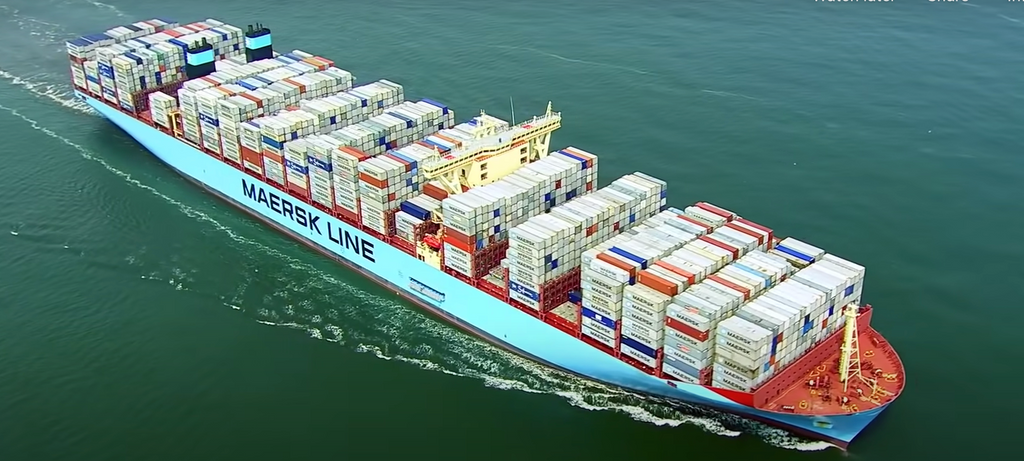Understanding the Costs of Importing Goods: From South Africa to New Zealand

Introduction
When purchasing products from overseas, it's vital to understand the various costs involved in the process. Importing goods is not just about the cost of the product itself; it involves a series of expenses that add up from the point of origin to the final destination. In this article, we'll break down the costs associated with importing goods from South Africa to New Zealand, providing clarity to our customers about what goes into the pricing of their imported products.
Original Product Cost
The journey begins with the original product cost, which is the price of the goods themselves. This is the base cost that all other expenses are built upon.
Agent Fees in South Africa
In South Africa, we work with agents who facilitate the export process. Their services include paperwork, logistics coordination, and ensuring compliance with export regulations. These agent fees are a necessary part of ensuring a smooth transition from the country of origin.
Shipping Costs
Transport to the Port and Related Port Costs
The goods must be transported from the supplier to the South African port. This involves overland transport costs and handling fees at the port. These costs cover the loading of goods onto the ship and port storage if necessary.
Shipping from South Africa to New Zealand
The bulk of the shipping cost comes from transporting the goods by sea from South Africa to New Zealand. This fee is determined by the shipping company and varies based on the size and weight of the shipment, as well as the distance.
Import Broker Costs in New Zealand
Upon arrival in New Zealand, an import broker takes over. The broker handles the customs clearance process, ensuring that all New Zealand regulations are adhered to. Their fees cover the administration and expertise required to navigate this complex process.
Port Costs in Auckland
Once the goods arrive in Auckland, there are port handling charges. These include the costs for unloading the goods from the ship and temporarily storing them at the port.
MPI & Biosecurity Fees
New Zealand has stringent biosecurity measures to protect its unique ecosystem. The Ministry for Primary Industries (MPI) charges fees for inspecting imported goods to ensure they meet these biosecurity standards.
Transitional Facility Fees
Goods might need to be held in a transitional facility if further inspection is required or if they need to be treated before entering the country. This incurs additional costs.
Offloading Fees
The offloading fees cover the cost of unloading the goods from the containers at the port or at the transitional facility.
Warehousing in New Zealand
If the goods cannot be immediately delivered, they will be stored in a warehouse. Warehousing fees depend on the duration and space required for storage.
Staff Costs
Finally, there are staff costs involved in the entire process. These are the costs for the labor involved in handling, transporting, and managing the goods throughout the entire import process.
Conclusion
Understanding these costs is crucial for our customers to appreciate the value and effort involved in bringing imported goods to New Zealand. Each step in this process ensures that the products arrive safely, legally, and in good condition. By being transparent about these costs, we aim to provide a clear picture of the import process and build trust with our customers.





